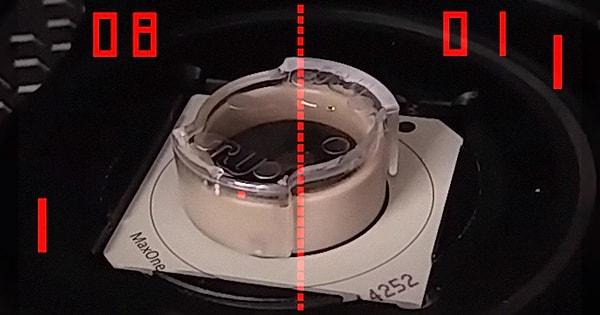‘Sentient’ Lab-Grown Brain Cells Learn To Play Pong Within 5 Minutes
Living brain cells were integrated into a computer chip and they learned to play Pong in just a few minutes, what a scientific breakthrough!

A scientific team from Melbourne, Australia, cultured human neurons in petri dishes that assimilated with a computer chip and taught themselves how to play a game comparable to the retro video game Pong.
The brain cells learned the game's basic mechanics in under five minutes. The scientists named their experiment 'DishBrain', which consisted of 800,000 human and mouse cells that were grown together. DishBrain proved that this instance of biological computing exhibits both intelligent behavior and self awareness.
This wonderful scientific breakthrough has a great potential to make computer systems significantly more intelligent and AI programs to learn faster. The brain cells were assembled on a grid of microelectrodes, allowing the researchers to read every bit of activity that happened inside the neurons in the petri dish when they were stimulated with electrical signals.
Human brain cells in a dish learn to play Pong
A layer of neurons, as demonstrated in the video above, can arrange and direct its action forward towards a specific objective, as well as adapt and learn behavior in real time. Surprisingly, the human neuron networks significantly outperformed the mouse cell networks, which is similar to previous research indicating that human brain cells have such a greater capacity for information processing than mouse neurons.
This experiment is described by the scientists on the basis of the 'free-energy principle', where it states that the brain aims to reduce entropy, or unpredictability inside its environment.

As a result of the unpredictable stimulation forwarded when the neuronal networks fail to capture the ball, the entropy inside increases significantly, and the cells modify their behavior to start receiving consistent stimuli. As a result, entropy is reduced and unpredictability is reduced. They also trained themselves to make their sensory results as predictable as possible.
Future research might explain how human brain cells have much more processing capacity than mouse cells and offer a simulation of biological learning. The DishBrain could also be utilized for drug screening, studying cellular reactions to newly discovered compounds, and improving algorithms for machine learning.
Keşfet ile ziyaret ettiğin tüm kategorileri tek akışta gör!


Send Comment